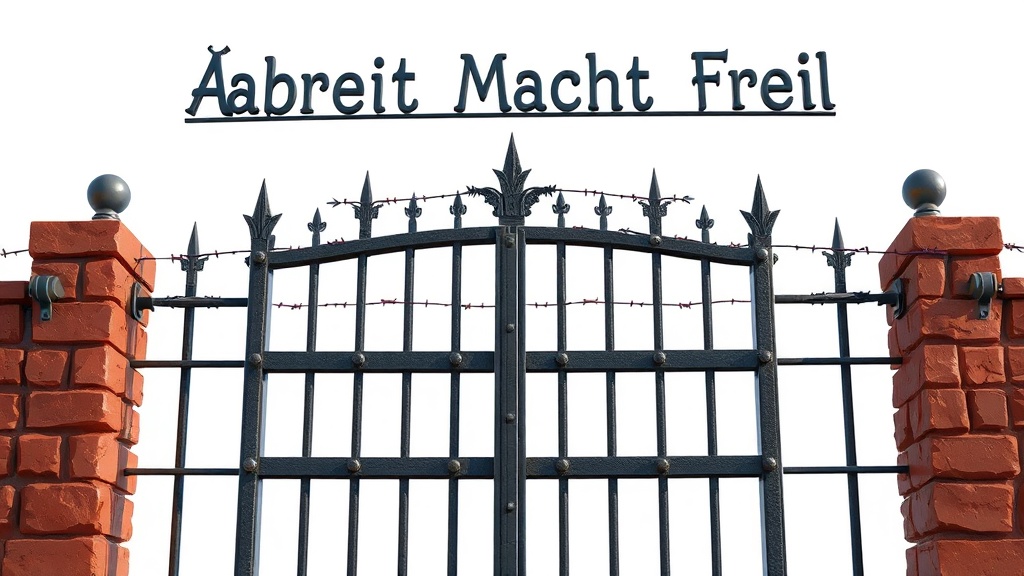Home / War and Conflict / Auction of Nazi Artifacts Draws Widespread Condemnation
Auction of Nazi Artifacts Draws Widespread Condemnation
17 Nov
Summary
- Auction included Auschwitz prisoner's letter and forced sterilization records
- Auction house removed listings after public outcry
- Victims' families and officials demand artifacts be returned to memorials

In a move that has drawn widespread condemnation, an auction house in Germany recently listed for sale a number of artifacts from the Nazi era, including a letter written by an Auschwitz prisoner and medical records documenting the forced sterilization of a Dachau concentration camp inmate.
The auction, which featured over 600 items, was met with immediate and fierce criticism from politicians, Holocaust survivors, and human rights groups. Radosław Sikorski, a Polish politician, condemned the sale, stating that "respect for victims requires the dignity of silence, not the din of commerce."
By mid-afternoon on Sunday, the auction house had removed the controversial listings from its website. However, the damage had already been done, with Christoph Heubner of the International Auschwitz Committee describing the auction as a "cynical and shameless undertaking" that left victims and survivors "outraged and speechless."
In the aftermath, German officials have vowed to take steps to prevent similar auctions from occurring in the future, while Poland's culture minister has announced an investigation into the provenance of the artifacts to determine if any should be returned to the country.
The Auschwitz concentration camp, where nearly one million Jews were murdered during the Holocaust, is at the heart of this controversy. The artifacts, many of which were said to have come from Auschwitz and other Nazi camps, are seen by many as sacred relics that should be preserved in museums and memorials, not sold to the highest bidder.




